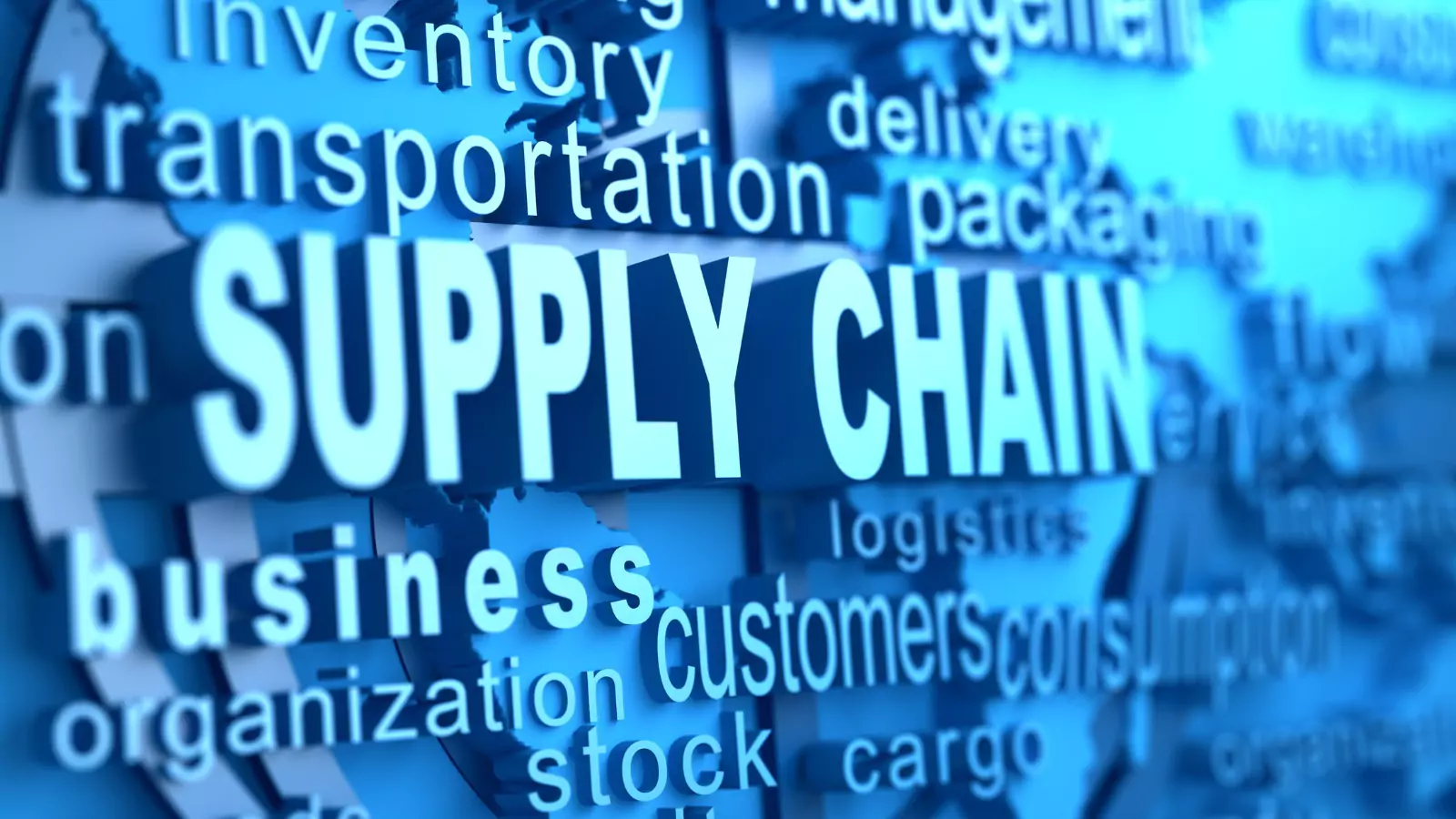
The complex network of interconnected procedures that makes up the global supply chain ecosystem makes it easier for goods and services to travel across national borders. Many different entities are involved in managing these systems, including manufacturers, suppliers, retailers, regulators, and logistics companies. Ensuring transparency, traceability, and accountability is one of the biggest problems in managing global supply chains. One technology that has proven itself as a game-changer in accomplishing these goals—blockchain—is helping companies strive for greater efficiency. Blockchain technology, which was first intended to serve as the foundation for cryptocurrency transactions, is already discovering creative uses in supply chain management. This blog examines the revolutionary potential of blockchain technology for organizations throughout the globe, as well as the crucial role of blockchain in guaranteeing transparency in international supply chains.
Understanding the Need for Transparency in Global Supply Chains
The ability to monitor each stage of the process, from the purchase of raw materials through the delivery of the finished product to the customer, is referred to as supply chain transparency. For firms to detect inefficiencies, reduce risks, and maintain ethical standards, this visibility is essential. But problems such as these often affect traditional supply systems.
- Lack of Trust: Due to the lack of transparency surrounding product origins, mistrust and uncertainty are experienced by both businesses and customers.
- Fraud and Counterfeiting: Records may have been tampered with by illegal actors, which might result in the sale of fake items.
- Compliance Challenges: It can be challenging to make sure that every link in the global supply chain complies with the relevant rules and regulations since regulatory requirements differ between locations.
- Inefficiencies: Processes for keeping track of information manually are laborious, subject to mistakes, and at risk of fraud or manipulation of data.
These problems can be solved by blockchain technology, which can transform the way companies handle international supply chains with its decentralized and unchangeable record.
What is Blockchain?
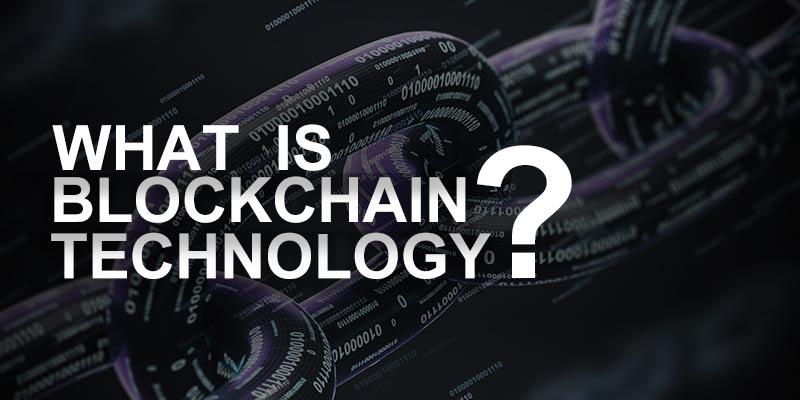
Blockchain is a decentralized digital ledger system that keeps track of transactions on several computers connected to a network. These documents, sometimes called “blocks,” are connected to one another chronologically to create a “chain.” The following are some of the key characteristics of blockchain:
- Immutability: A transaction cannot be changed or removed from the blockchain after it has been recorded. By doing this, the integrity of data is guaranteed.
- Decentralization: The information on blockchain is not controlled by a single entity since it functions on a decentralized network. Improving security and lowering the risk of manipulation or corruption are the two benefits.
- Transparency: Complete supply chain transparency is ensured by allowing all network participants to observe the transactions that were recorded.
Blockchain is perfect for enhancing efficiency, security, and transparency in international supply chains because of these important characteristics.
How Blockchain Ensures Transparency in Supply Chains
1. Real-Time Tracking and Traceability
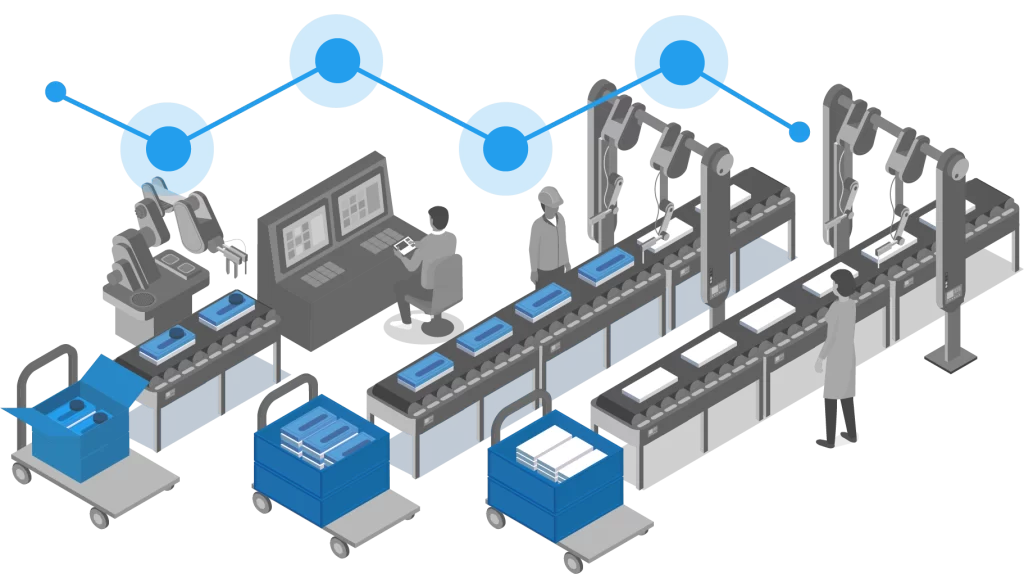
Businesses can track items in real time even as they travel through the global supply chain with the help of blockchain technology. The blockchain records each and every stage of the process, including the extraction of raw materials, manufacture, transportation, and ultimate delivery. Because every transaction has a timestamp, the journey of a product is accurately and transparently documented. Businesses can swiftly pinpoint the cause of inefficiencies, bottlenecks, or possible hazards thanks to this openness, enabling them to take preventative measures before minor issues turn into major ones.
2. Enhanced Data Accuracy and Security

Data in conventional supply chains frequently passes via a large number of middlemen, which raises the possibility of errors, delays, and fraud. Blockchain gives all stakeholders access to a single, unchangeable source of truth, doing away with the need for middlemen. This improves data accuracy and guarantees that information cannot be manipulated by an unauthorized person. Since everyone in the global supply chain has access to the same information, partners are able to trust one another. Additionally, the cryptographic security of blockchain makes sure that data is safe from online threats. Because the blockchain network is decentralized, it is safe throughout, even in the event that a single node is hacked.
3. Reduction in Fraud and Counterfeiting
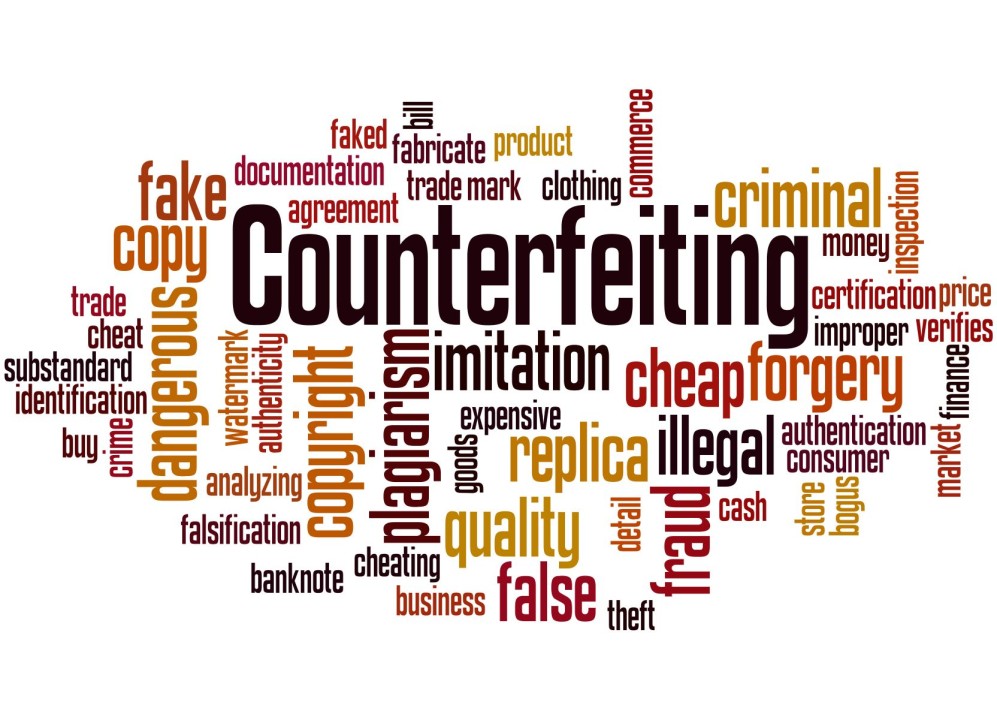
Global supply chains face a serious issue with counterfeit goods, especially in sectors like electronics, luxury goods, and pharmaceuticals. By offering an incomparable track of the product’s origin, blockchain can aid in the fight against this problem. Since every transaction on the blockchain is verifiable, it is very difficult for fake products to get into the supply chain.
Improved Ethical and Sustainable Practices
Customers are becoming increasingly aware of how the things they buy affect the environment and ethics. Blockchain technology may assist businesses in making sure that the suppliers they use follow moral guidelines for things like fair labor practices, environmentally friendly sourcing, and responsible labor practices. Blockchain enables customers to make educated decisions and holds businesses responsible for their actions by offering total transparency into the origins and manufacturing techniques of items.
1. Simplified Compliance and Auditing

Regulation adherence is a major challenge for global supply chains since businesses have to follow different rules in different places. By generating a traceable record of documents, blockchain technology helps streamline the compliance process. Regulators and auditors can quickly access and validate the data since every transaction is kept on a permanent ledger, which cuts down on the time and expense associated with compliance reporting. Blockchain is being used by sectors like pharmaceuticals, which have to adhere to strict regulations in order to manage medications and medical supplies. Pilot initiatives have already been started by the FDA to evaluate blockchain’s potential to enhance medication traceability.
2. Cost and Time Efficiency
Blockchain may reduce the need for manual processes and paper-based documentation in operations related to supply chains. Payments, inventory control, and customs clearance are just a few of the supply chain operations that may be automated with smart contracts—self-executing contracts with terms encoded into code. As a result, there is less chance of human error, and transactions take less time to complete.
Challenges of Blockchain Adoption in Supply Chains
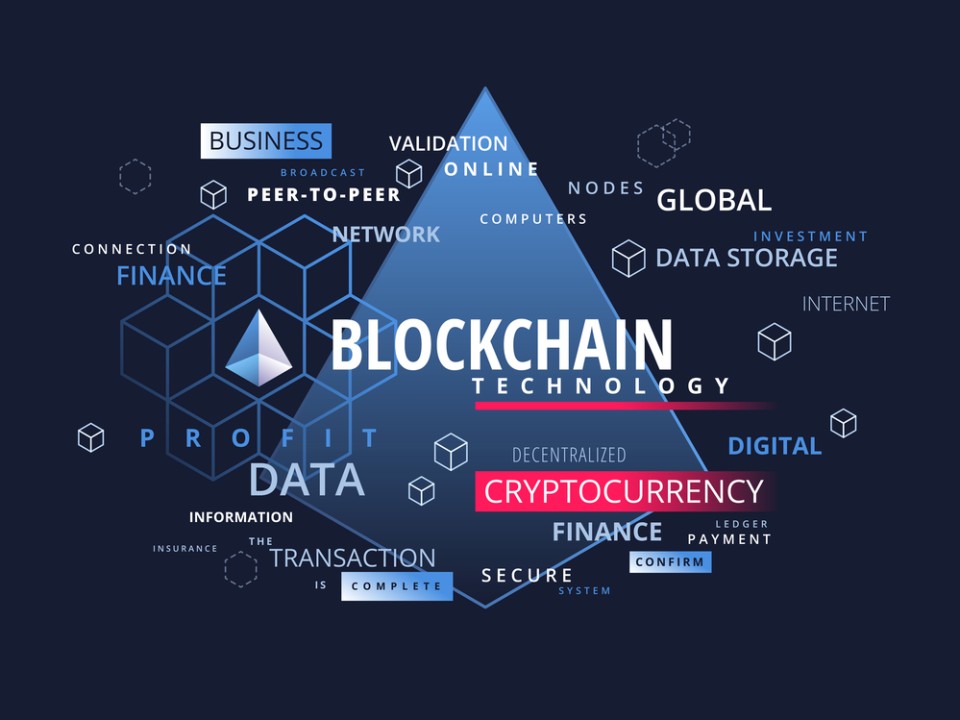
Blockchain is not without its limitations, even though it has the ability to completely transform global supply networks. The following are a few of the main obstacles to widespread adoption:
- Scalability: Transaction speed on blockchain-based networks can be slow, especially when handling big data sets. This may reduce its efficacy in situations where real-time processing is necessary in global supply networks.
- Integration with Legacy Systems: Blockchain technology might not be compatible with the traditional supply chain management systems that many businesses still use. It will take a substantial financial outlay and technical know-how to integrate blockchain into these outdated systems.
- Regulatory Uncertainty: Blockchain regulations are still under development, and companies using this technology may run into legal issues while applying their solutions in various states.
Despite these difficulties, blockchain technology will undoubtedly help international supply chains in many years to come. In the upcoming years, broad implementation of this technology is expected as more businesses realize the possibilities and as it evolves.
Conclusion
An effective solution for enhancing efficiency, security, and transparency in international supply chains is provided by blockchain technology. Blockchain can help with many of the issues that have long troubled supply chain management, including real-time tracking, data quality, and fraud reduction. Furthermore, customers’ rising need for greater responsibility from firms aligns with blockchain’s capacity to promote sustainable and ethical operations. Although there are still obstacles in the way of its implementation, blockchain technology has the ability to revolutionize many sectors globally and is the way forward for supply chain transparency.
Read Also:- See Constitutional Amendments Through The Lens Of History
Craft Effective Public Relations Strategies for Startups

